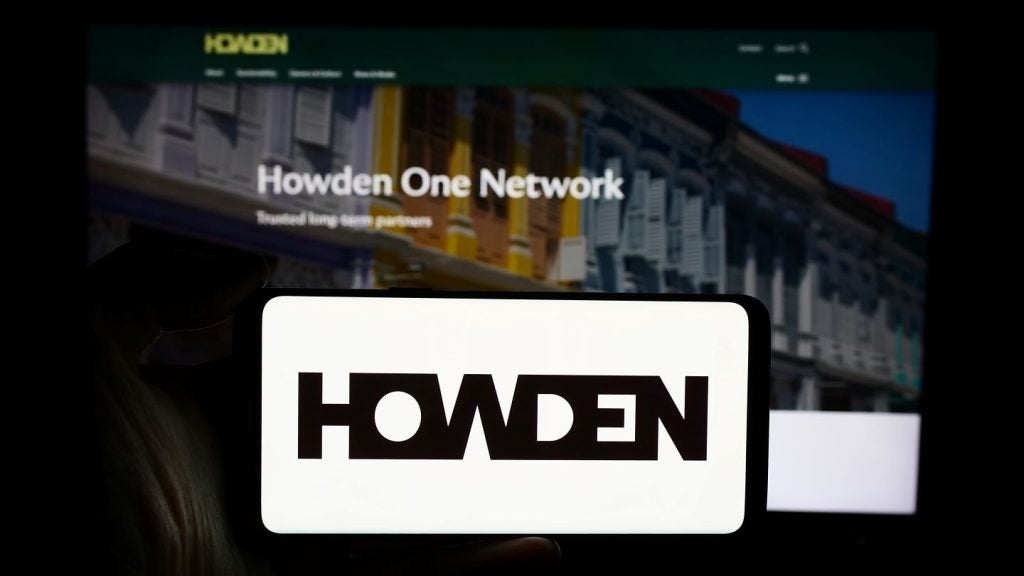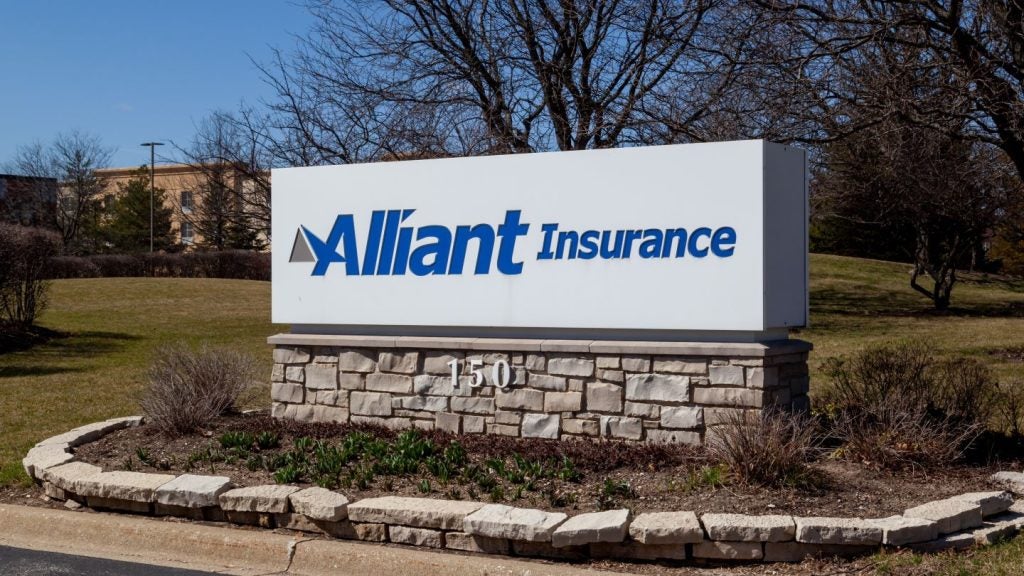
India-based Reliance General Insurance has raised Rs2bn ($24.36m) in equity capital by issuing shares to its parent company Reliance Capital.
This development comes after an extraordinary general meeting (EGM) was held on 29 July 2023, with the general insurer’s stakeholders granting approval for the capital infusion by issuing shares on a private placement basis, news agency PTI reported.
The funding is aimed at enhancing Reliance General Insurance’s solvency margin.
The insurer was quoted by the news publication as saying: “This capital infusion is aimed at pursuing new business opportunities for growth and securing the company’s position amongst the market leaders.”
“There will be a significant impetus on achieving strategic objectives, enabling the company to capitalise on emerging opportunities in the insurance sector, expanding product offerings and reaching new customers through innovative initiatives.”
Reliance Capital announced plans to make an equity infusion in its non-life subsidiary earlier this month.
How well do you really know your competitors?
Access the most comprehensive Company Profiles on the market, powered by GlobalData. Save hours of research. Gain competitive edge.

Thank you!
Your download email will arrive shortly
Not ready to buy yet? Download a free sample
We are confident about the unique quality of our Company Profiles. However, we want you to make the most beneficial decision for your business, so we offer a free sample that you can download by submitting the below form
By GlobalDataThe infusion was carried out after obtaining approval from the lenders of Reliance Capital, which is currently undergoing a resolution process as per the Insolvency and Bankruptcy Code.
In December 2022 and February 2023, Reliance General is said to have requested an Rs6bn capital infusion to maintain and expand the business as well as to boost its value and solvency margin.
With a network of over 9,100 hospitals and 130 branch offices, Reliance General delivers health, motor, travel, and home insurance to customers in retail, corporate and small and medium-sized enterprises (SMEs) sectors.







